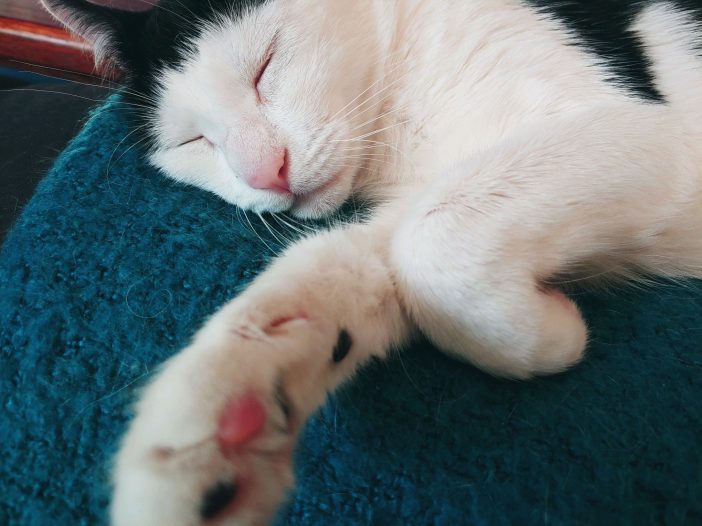
The world feels very different right now. You watch the news, you talk to your sources and you are doing the best you can to prepare, as we all are doing. Everyone should follow the directions of the government. Courts are closed right now, there are no foreclosure auctions for a minimum of 30 days. This is an unprecedented time. Reach out to your neighbors, support small businesses and practice social distancing.

Many clients have been calling the office looking to create or update wills and put more plans in place for the future. This virus has caused all of us to stop and think a lot more and ensure we are protecting ourselves and our loved ones in all the possible ways we can. Sugarman Law is open for business and we are following all the CDC recommendations. We can schedule calls, do Zoom teleconferencing or communicate by email. This will be over eventually and things will go on like usual soon enough.
I wanted to focus on an area that might be slipping through the cracks and that is the care of your pet if something should happen to you. 67% of U.S. households own a pet, according to the 2019-2020 National Pet Owners Survey conducted by the American Pet Products Association. If you know anything about me, you know I love my kitties!
How many times have you seen a post on Facebook – “My neighbor/grandmother/father…. passed away/has to go to a nursing home and no one wants this beautiful cat/dog etc.” (fill in the blanks). Most of the poor animals end up at a shelter and are euthanized because no one will take it. The older the animal, the greater the likelihood it will not find a new home.
If you are an animal lover and have animal companions, the best thing you can do to protect that animal is to devise a plan for disability and death. You can create a Pet Trust, which is a “legally sanctioned arrangement providing for the care and maintenance of one or more companion animals in the event of a grantor’s disability or death.” And this isn’t just for cats or dogs, these trusts apply to other pets like birds and turtles (who can live decades!)
Like a regular trust, you will assign someone as a trustee and a beneficiary (and you might want to have a second or third person listed in case the first one passes away before your pet). These don’t have to be the same person. You should speak to these people in advance and make sure they are willing to accept this responsibility. The trustee will manage the funds needed for your pet’s care. This would include things like going to the vet, grooming costs, food costs, etc. These trusts are usually revocable, so you can make changes if needed.
Look at the specific rules in your state because there are limits to how long this type of trust can continue. Many states have a limit of 21 years.
The trust should cover how you would like your pet to be taken care of – everything from the types of activities you wish (walks and runs in the park) to foods you use (brands you love) to what would happen if the pet became ill (directives for end of life care and decisions like burial or cremation upon death).
If you are thinking about a Pet Trust, you should start tracking the amount of money you spend on food, medical, toys, etc. so you have an accurate number when figuring out costs. If your pet should die and there is still money in the trust, you can choose where that will be allocated. It could go to a person or even a charity.
To ensure your pet is the one receiving the funds, you can microchip them and have that number listed in the trust for an added layer of protection.
We love our pets and we owe it to them to make sure they are protected if we are no longer able to take care of them. You have to have a plan in the event you become unable to care for your pets. Even something like a broken leg, which keeps you bedridden and unable to walk your dog or clean the cat box, will put you in an untenable position.
Stay safe everyone and call the office if you want to talk about any estate planning matters or just need direction with what you need to put in place.